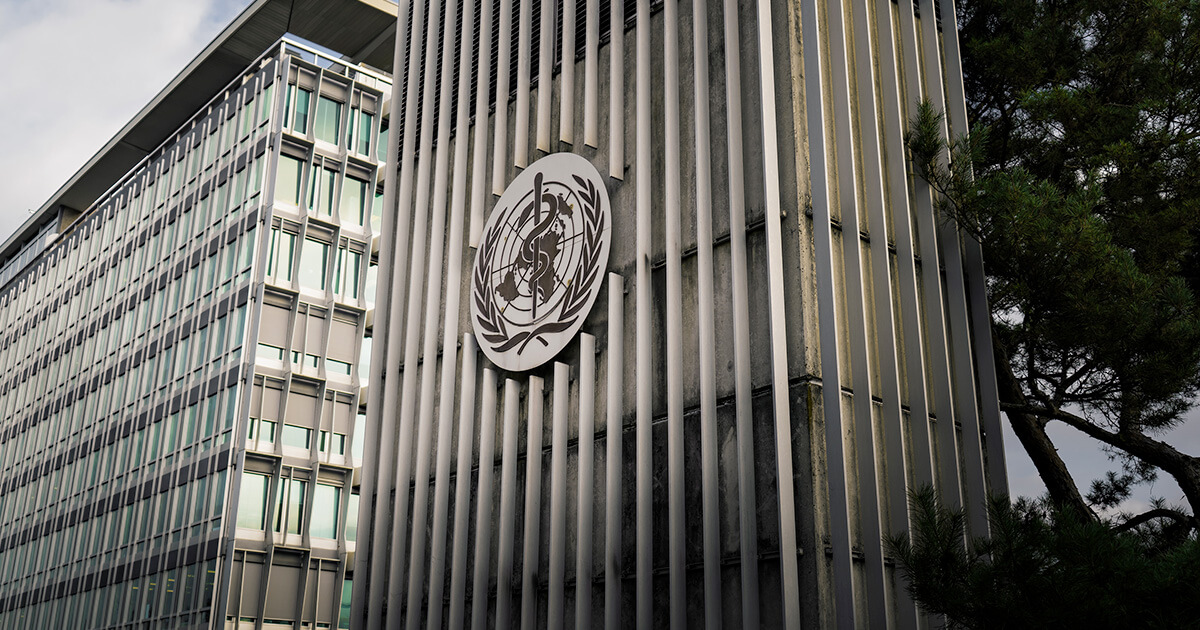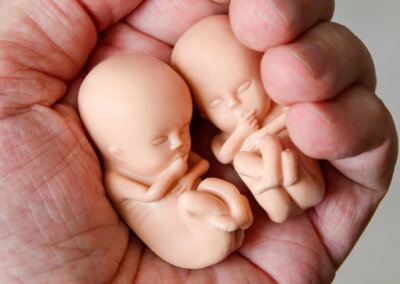The World Health Organization (WHO), the UN group in charge of advising countries on the COVID-19 pandemic, has provided a crisis response plan for Ecaudor that prioritises providing abortion in the country.
The United Nation’s $46 million plan included just over $10 million allocated for aiding Ecuador’s health systems.
Of that, $3 million is set aside to support sexual and reproductive health services, calling for the use of the UN’s “Minimum Initial Services Package” (MISP) to fulfill one of the plan’s main objectives, “safe and legal abortion”.
The MISP includes a variety of materials used for abortion, such as vacuumm extractors, tools for dilation and curettage, cranioclasts, and abortificients and is administered by the UNFPA – a historically pro-abortion branch of the United Nations.
In response to a request from USAID to remove abortion from their coronavirus response plan, Stephane Dujarric, UN spokesman, stated: “Any suggestion that we are using the COVID-19 pandemic as an opportunity to promote abortion is not correct… we do not seek to override any national laws.”
However, in Ecuador abortion is illegal outside of extreme circumstances. In fact, in 2019 an attempt to legalize abortion in Ecuador on grounds of rape failed.
According to Elyssa Koren, Director of United Nations Advocacy for ADF International, the WHO’s plans are not only untimely, but “an egregious violation of state sovereignty.” She goes on further to say “The abortion debate falls squarely within the country’s domestic jurisdiction – it is a matter for Ecuadorians to determine for Ecuador.”












